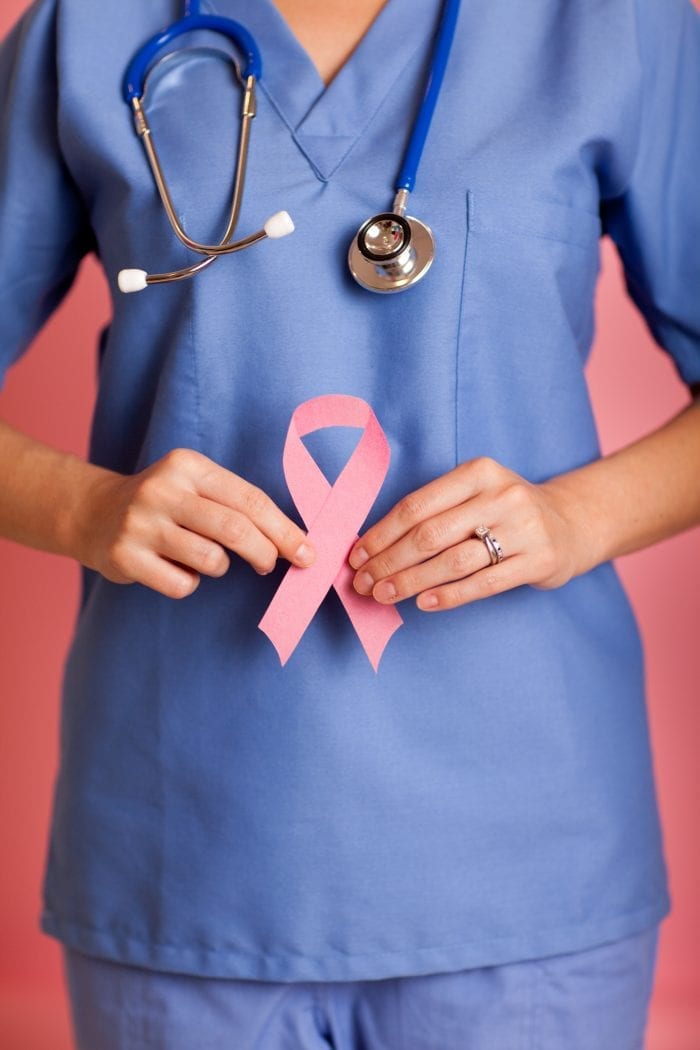Who?
INDEPENDENT DOCTORS
You want your second opinion to be independent – so you should choose a doctor who doesn’t have a close relationship with your doctor. Doctors who practice together are likely to think similarly, and might tend to defer to the opinions of their colleagues. What you want is a fresh perspective. I’d go so far as to recommend finding a doctor who practices at a different hospital. A research hospital or major cancer center is usually a good place to get a second opinion since they will be up to date on the latest in treatment and diagnosis.
Your insurance coverage may dictate where you can go and has in-network coverage.
TUMOR BOARDS
There is a special kind of second opinion that, while not independent, is worth considering because it’s a great way to get a wide range of opinions all at once. This is the Tumor Board or tumor conference. Most hospitals have a tumor board which is a regular meeting of a group of doctors to consider the best treatment for specific cases presented by members of the group. Physicians from several specialties such as surgery, radiation oncology, medical oncology, pathology and diagnostic radiology will attend. If your doctor doesn’t seem to have a clear recommendation for you, consider asking if he could present your case to the tumor board. The Breast Care Center participates in Tumor Board review of all our breast cancer patients, in conjunction with UnityPoint Health Community Cancer Center and MercyOne Radiation Oncology.
OTHER SPECIALISTS
Most types of breast cancer are treated by several different types of specialists. Breast cancer is typically treated by three different specialties. These are Surgeons, Radiation Oncologists, and by Medical Oncologists who use pharmaceutical treatment.
Frequently surgery is the first approach, but not always. You will be referred to Medical Oncology to become acquainted with them and to get their input as to the timing of medical oncology treatment (hormone blockers, chemotherapy). You may also be referred to Radiation Oncology for any needed radiation treatment.


